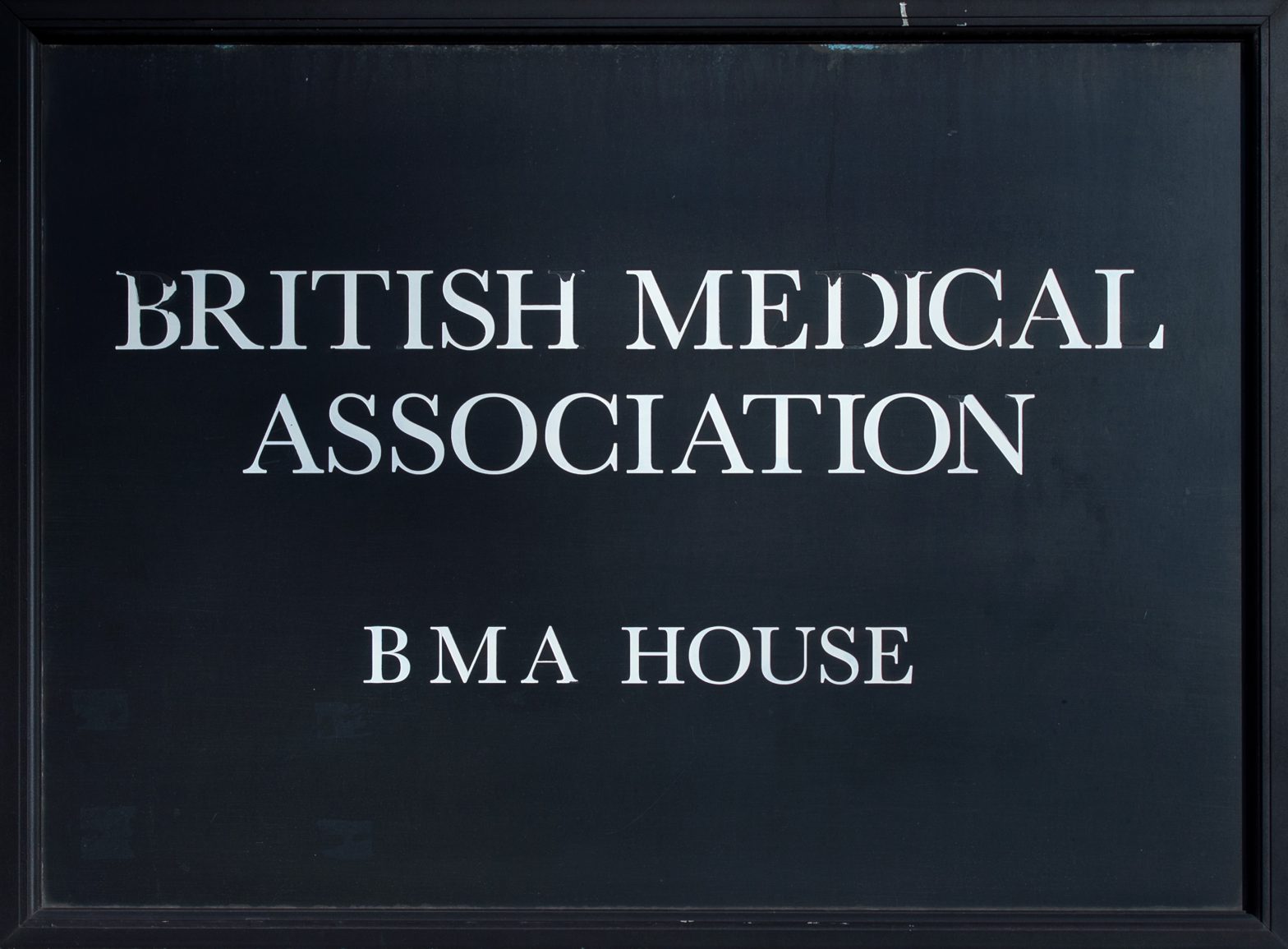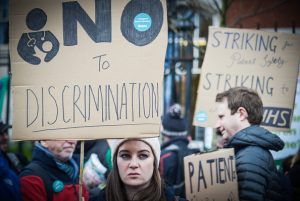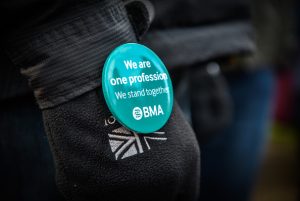
IN a recent series of study reports published by the British Medical Association (BMA), physicians discussed how racial discrimination has affected both their professional and personal lives.
Also, the victims frequently cited a lack of faith in their employer’s ability to help them.
The BMA’s latest study shows how racial prejudice and discriminatory behaviour continue to be damaging to an individual and institutional level across all aspects of the UK’s health care system.
Two thousand doctors and medical students participated in the study conducted between October and December last year, and slightly over three-quarters (76 per cent) stated they had experienced at least one instance of workplace racism in the preceding two years. Some 17 per cent of those polled indicated they were subjected to racism on a regular basis.
A British Asian student expressed during the survey: “I was looking after a Caucasian male patient who noticed I was taking more time than normal to do a particular task. He commented saying ‘come on, you monkey man’.
Other members of staff around me heard it but said nothing. In fact, one of my colleagues, a female Caucasian middle-aged lady, laughed with him. I felt horrible and wanted to curl into a ball. No one stood up for me and I did not have the courage to speak up.”
Racism was found to be more common among foreign medical graduates, with 84 per cent of international medical graduates reporting incidents of racial discrimination, while 69 per cent of UK-trained physicians stated they had been targeted.
Fifty-eight per cent of individuals who responded to the study claimed it had a negative impact on them personally, professionally, or both, and 23 per cent said they had contemplated leaving their positions due to racism, with nine per cent stating they had already done so.

Only six per cent of White British physicians stated their professional skills had been questioned because of their ethnicity, but 54 per cent of doctors from Black backgrounds, 46 per cent of Asian doctors, and 37 per cent of mixed-race doctors said the same.
The BMA also reported that 37 per cent of physicians from both Black and Asian origins have been bullied because of their race, with 22 per cent of those from mixed and non-British white backgrounds reporting the same.
BMA council chair Dr Chaand Nagpaul said: “The NHS was built on the principle of equality of care for patients whoever they are, but this report shows that the NHS is shamefully failing in this principle for its own doctors, with those from ethnic minorities reported alarming levels of unfair treatment and racial inequality at work.
Experiencing racism is extremely distressing, with 60 per cent of those doctors surveyed reporting that their mental well-being had deteriorated as a result, with many sufferings depression, low self-esteem, and anxiety.
Racism is wrecking the lives of many doctors, affecting patient care and threatening services. The time for talk on this is over. Our report makes a range of clear recommendations for change which demands action across the health system, from Government to NHS organisations, leaders and other institutions.”

It illustrates the extent to which abusive behaviour goes unreported, with 71 per cent of those targeted indicating they opted not to report it.
Fifty-six per cent stated they remained silent because they were afraid of being labelled a problem by their boss.
Respondents have also offered a range of examples of actions that their workplaces have taken to promote race equality and positive working environments.
Some respondents mentioned having senior colleagues who listened to their experiences and others positively described examples where senior colleagues had not dismissed their concerns.
Some respondents noted that social movements, particularly the Black Lives Matter movement, gave them the courage to speak out about racism.

An Indian Medical student in Wales said: “The culture shift due to the BLM movement has cracked down on racism incidents and this needs to be encouraged whilst also encouraging people to safely discuss prejudiced views without repercussion so they can be corrected”
Also, setting up social events and opportunities to socialise outside of the workplace was an important way to break down cultural barriers and learn more about one another.